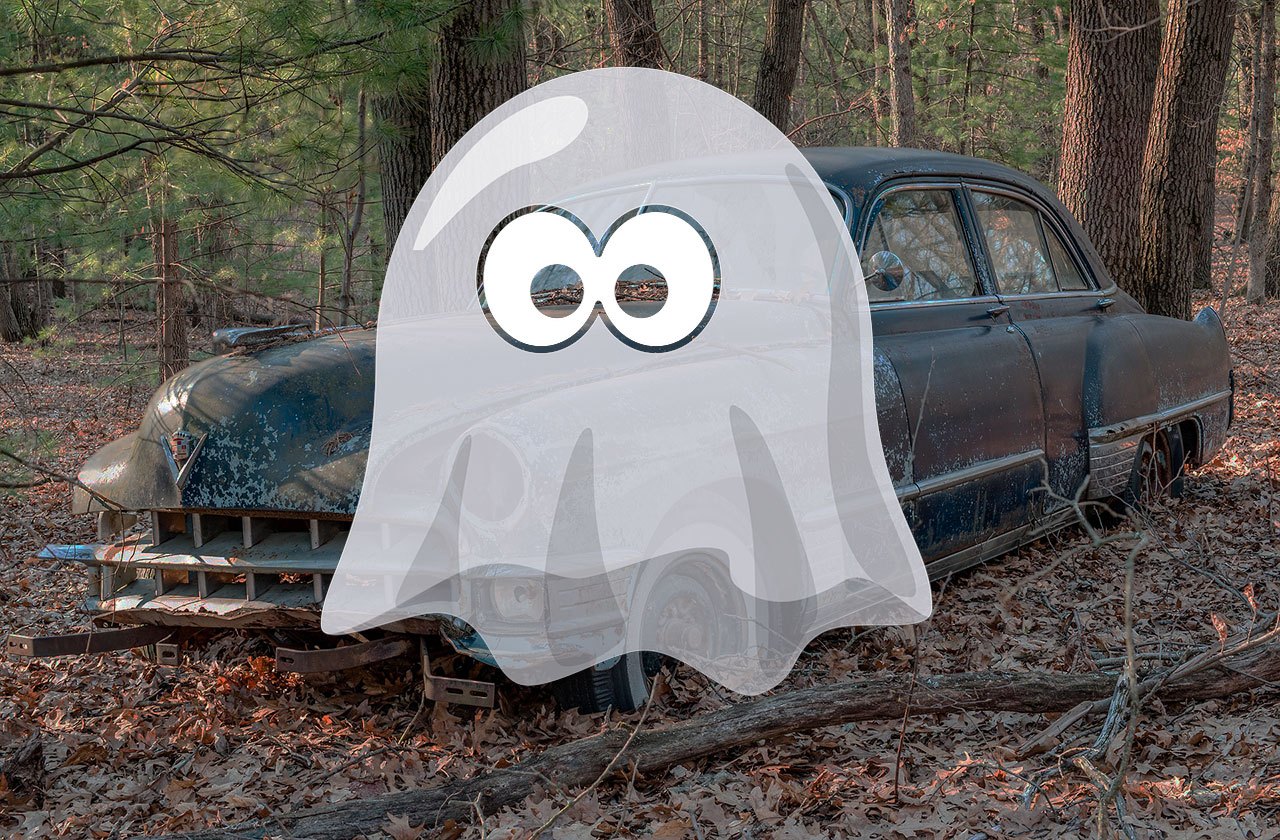
If you have read article about vehicle matching agents, you’re up to speed with just how bold con artists can be; daring to cold call home addresses by way of information found online in the victim’s vehicle-sale advertisements. So to continue that theme, it’s time now to shine a light on another “third-party agent” scam: ghost brokers - specifically, ghost auto insurance brokers.
Ghost brokers employs techniques straight out of “con artist 101”, but what makes this scam so effective is that it combines these ancient tricks with the anonymity of modern technology. Having investigating their practice in my own research, I’ve found some frightening examples of the lengths that these criminals will go to fool victims into believing the legitimacy of their business.
Ghost brokers has risen to notable prominence in recent times as a result of thousands of young drivers - typically college students or newcomers to the workforce - desperate for the cheapest possible premiums on their car insurance. These individuals are being tempted away from established auto insurance brokers to hunt for inexpensive deals, leaving them exposed to ghost insurance brokers; online, over the phone, or even in person.
As with vehicle matching, the malevolent practice of ghost brokers is a particularly big issue in the United Kingdom, where websites such as Gumtree are being used as platforms to run illegitimate insurance operations. Adverts are placed on these sorts of online spaces, offering cheaper insurance alternatives than established brokers.
The most notable recent example of this surfaced last year in the UK, where Danyal Buckharee, 42, and Giovanni Recchia, 47, set-up a bogus call center that they operated from a flat in London. The two criminals even went so far as to use an iPod to recreate office noise as they worked from a “fraud factory”. Both culprits were eventually caught and sentenced to a prison sentence for their actions.
But fake brokers are also bold enough to approach sellers via details supplied on their vehicle-sale adverts. In fact, in the case of one fraudster whose moral compass knew absolutely no bounds, he was even tempted into ripping off his closest friends for almost $50,000 worth of claimed damages. These actions not only saw him entering fake details for his friends to garner lower premiums, but also orchestrating a ploy with co-conspirators to stage accidents to claim on insurance.
Hojjat Nickhoo, 32, who was arrested in December 2015, intentionally crashed a victim’s vehicle so he could make the false injury claim. In most cases, actions such as these were executed in a coordinated ploy with the car owners, but other times, these claims were reported without their knowledge.
Essentially, ghost brokers falls into three different categories, ranging from quick-and-easy cash grabs to more elaborate and difficult to spot operations. The most basic are where a fraudster creates a false policy by compiling a document for a customer based on a copy of a genuine insurance policy. This type of fraud is easily combated with a quick askMID.com search, which can verify whether the vehicle is covered with a policy in the user's name.
The second form of ghost broking is where an agent takes out a genuine policy on behalf of a customer and arranges for the certificate of insurance to be sent to the firm. By using the correct name and vehicle details, askMID.com will confirm that the vehicle is covered. The fraudster, however, later cancels the policy without telling the customer and pockets any refunded money.
The third type of scam is where the ghost broker takes out a genuine policy for the customer but falsifies information on the policy. This has become a huge issue in many parts of the UK, where vehicle owners in large cities such as London are given insurance certificates with details that actually place them in remote parts of the country that offer inexpensive premiums. So while the vehicle does have an insurance certificate, it is not actually valid.
As with other scams I have written about, alarm bells should always be ringing whenever an individual/broker/agent asks for money via way of cash-up-front or PayPal transfer. Similarly, if your agent is communicating via free messaging services such as WhatsApp, consider that they might be trying to prevent your ability to trace their identity.
Notably, insurance scams the consequences of taking a policy with a ghost insurer, deliberately or as an innocent party, is that victims are liable to face a criminal conviction themselves. In all but one or two states in the US, it is against the law to drive without vehicle insurance, as it is in the UK. Those caught by the police face hefty fines, a possible conviction and penalty points against your driving licence.
Always take the appropriate steps to ensure that your broker is legitimate and be wary of any insurance deals advertising significantly lower premiums than the competition. When it comes to insurance, ignorance is not an excuse that will find pity with the authorities. Protect yourself.
David Millward, "New car insurance scam: 'ghost' brokers sell bogus policies", Telegraph, October 31, 2016, http://www.telegraph.co.uk/cars/features/new-car-insurance-scam-ghost-brokers-sell-bogus-policies/
Louie Bacani, "Ghost broker who duped own friends faces jail term", InsuranceBusinessMag, August 22, 2016, http://www.insurancebusinessmag.com/uk/news/breaking-news/ghost-broker-who-duped-own-friends-faces-jail-term-36698.aspx